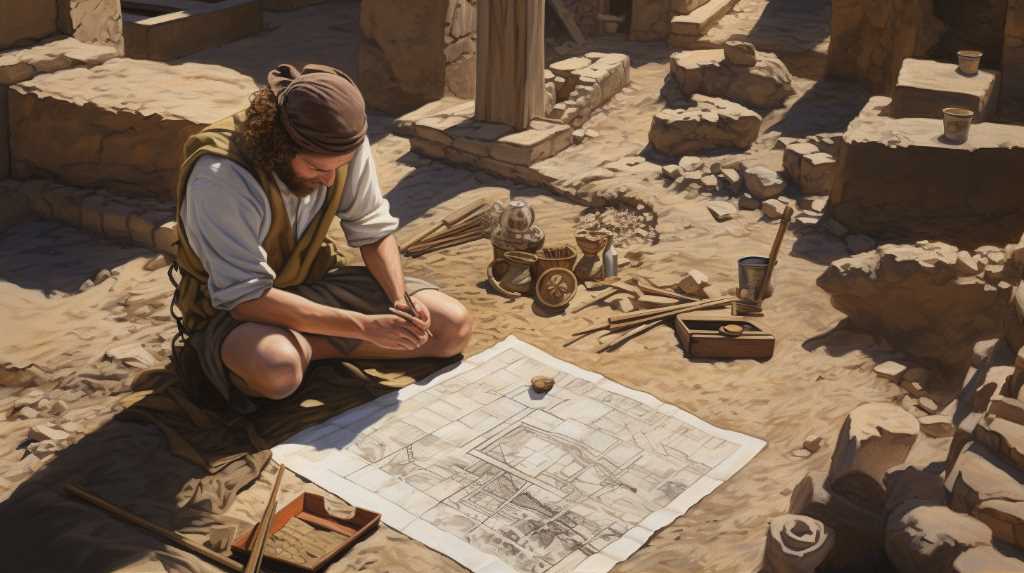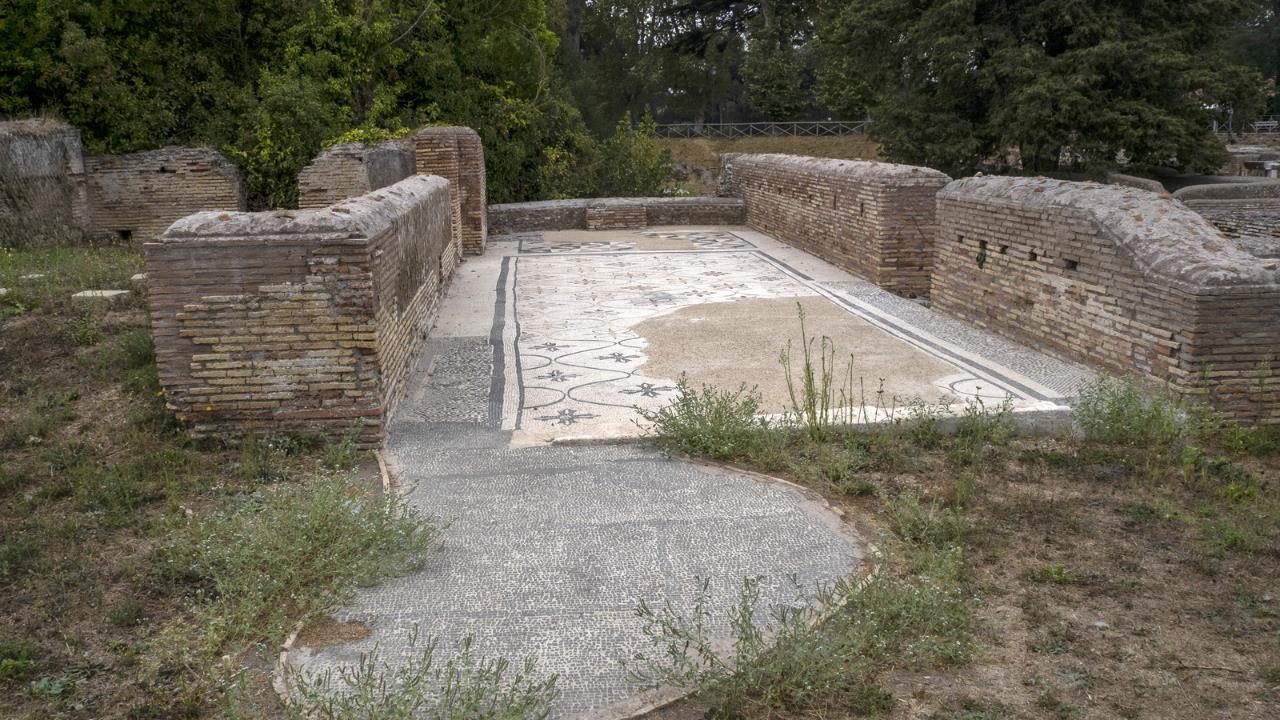
Unearthing History: A Comprehensive Guide to Studying Ancient Archeological Sites
You're about to embark on a thrilling journey into the past!
With 'Unearthing History,' you'll uncover the secrets of ancient civilizations, learn how to participate in excavations, and master techniques for analyzing artifacts.
You'll also gain valuable skills for crafting scholarly archaeological research papers.
Let's dive in, and together, we'll unravel the mysteries buried deep within our earth's rich history.
Key Takeaways
- Ancient archaeology involves exploring ancient civilizations and their social structures, studying advanced technologies, understanding philosophies and beliefs, and analyzing artifacts to infer societal norms.
- Archaeological courses are important for gaining knowledge of excavation techniques, understanding how theory informs interpretation of the past, developing skills in analyzing evidence, familiarizing with ethical considerations, and preparing for a career in archaeology.
- Participating in excavation projects allows for the application of theories learned in courses, engaging in site surveying and digging, recording findings with precision, experiencing the thrill of unearthing artifacts, and developing teamwork skills while preserving shared heritage.
- Techniques for analyzing artifacts include visual inspections, microscopy, chemical analysis, radiometric dating, and combining science and intuition to piece together the story of the past.
Specializing in Ancient Archaeology
If you're keen on diving deeper into the mysteries of the past, specializing in ancient archaeology can be a rewarding pathway for your studies.
This field isn't just about dusty digs and old bones. You'll delve into civilizations that laid the foundation of modern societies, exploring intricate social structures, advanced technologies, and profound philosophies.

It's about understanding how societies functioned, how they adapted, and what led to their downfall. You'll learn to scrutinize artifacts, infer societal norms, and interpret historical contexts.
It's a rigorous discipline, demanding a keen eye for detail, analytical prowess, and a relentless curiosity.
Importance of Archaeological Courses
Diving into archaeological courses, you'll find they're essential in honing your skills for interpreting the remnants of ancient civilizations. These courses provide you with a comprehensive understanding of the ancient world, equipping you with the necessary tools to unearth the secrets of the past.
Here's what you'll gain from these courses:
- Knowledge of various excavation techniques and their applications
- Understanding of archaeological theory and how it informs our interpretation of the past
- Skills in analysing and interpreting archaeological evidence
- Familiarity with the ethical considerations involved in archaeology
In essence, archaeological courses don't just teach you about the past; they also prepare you for the future. They're the stepping stone to a rewarding career in archaeology.
Participating in Excavation Projects
Having honed your skills through archaeological courses, you're now ready to get your hands dirty by participating in excavation projects. These projects offer a practical perspective, allowing you to apply theories learned in class. You'll engage in meticulous site surveying, careful digging, and precise recording of findings. It's a laborious process, demanding patience and precision.
However, the thrill of unearthing a historical artifact, a tangible piece of the past, is incomparable. You'll also learn to work in a team, an essential skill in archaeology. Remember, respect for local culture and adherence to ethical guidelines is paramount. Hence, your contribution can be instrumental in preserving humanity's shared heritage.

Techniques for Analyzing Artifacts
Often, you'll find yourself meticulously examining the artifacts you've unearthed, using a variety of techniques to decode their historical significance. Your analysis will be a careful blend of science and intuition as you piece together the story of the past.
To guide you, consider these four powerful techniques:
- Visual Inspection: Study the object's shape, material, and any inscriptions or decorations.
- Microscopy: Use a microscope to investigate minute details, wear patterns, and material composition.
- Chemical Analysis: Identify residues or traces of original materials that have since decayed.
- Radiometric Dating: Determine the artifact's age by measuring radioactive decay.
With these techniques, you're well-equipped to analyze your findings.
Next, let's delve into writing archaeological research papers.
Writing Archaeological Research Papers
After analyzing your artifacts with the techniques mentioned above, it's time for you to translate your findings into a compelling archaeological research paper.
Begin with a clear, concise abstract that summarizes your research and findings.
Follow this with a detailed introduction that provides background information on your chosen site and the significance of your research.

The body of your paper should describe your methodology, providing a step-by-step explanation of how you conducted your analysis. It's crucial that you meticulously document your findings, incorporating diagrams and photographs where necessary.
Always cite your sources accurately and consistently.
Conclude your paper with a thoughtful discussion on your findings, their implications, and possible areas for future research.
Conclusion
So, you've embarked on your archaeological journey, learning about ancient civilizations and their legacies. You've studied, excavated, and analyzed, and even penned research papers.
Keep digging into the past, and you'll discover more about our shared human heritage. Remember, every artifact tells a story, and it's your job to unravel it.
Go on, keep unearthing the pages of history, because you're not just studying the past, you're shaping our understanding of it.
 Backyard GrillingWeekend WarriorsAdvice from DadBeard GroomingTV Shows for Guys4x4 Off-Road CarsMens FashionSports NewsAncient Archeology World NewsPrivacy PolicyTerms And Conditions
Backyard GrillingWeekend WarriorsAdvice from DadBeard GroomingTV Shows for Guys4x4 Off-Road CarsMens FashionSports NewsAncient Archeology World NewsPrivacy PolicyTerms And Conditions
